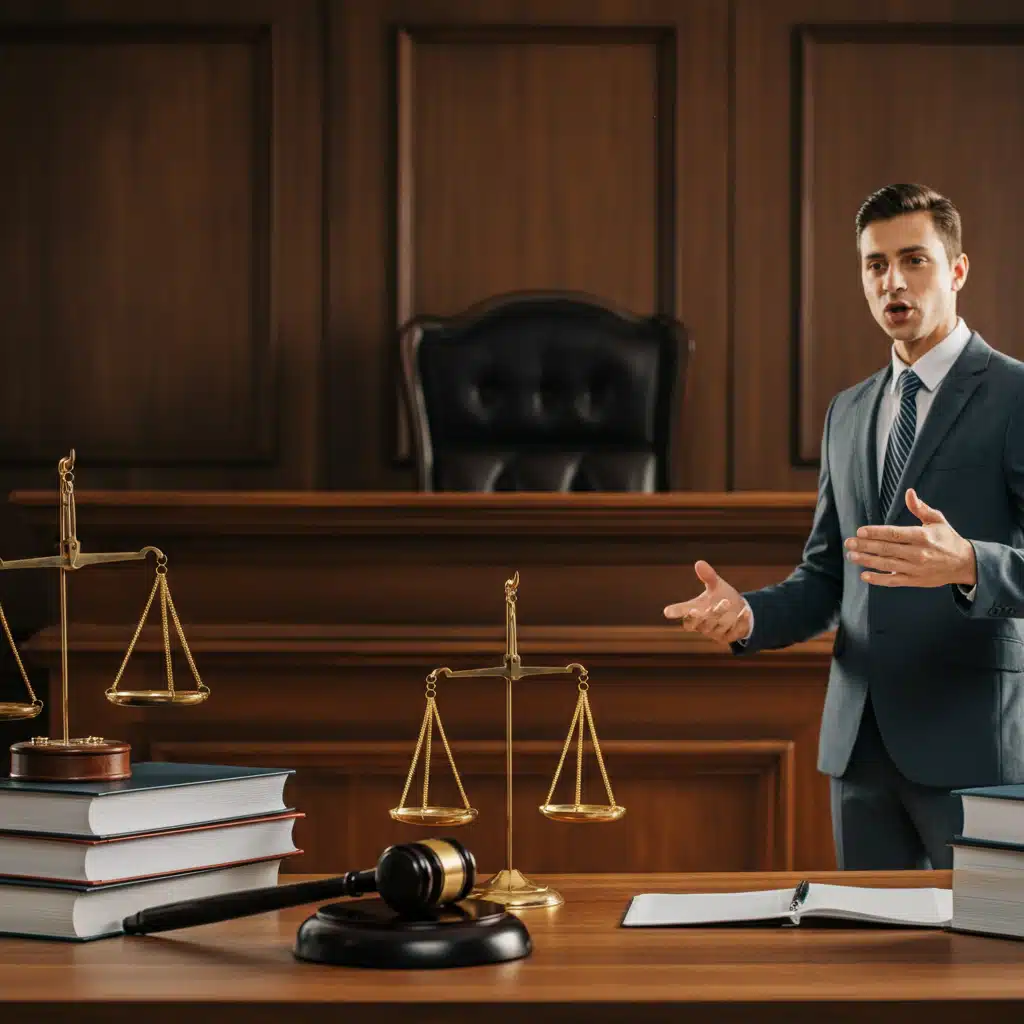Facing a criminal charge can be overwhelming, especially if you’re unfamiliar with how the legal process works. The specific type of charge you face will likely determine the severity of penalties you might encounter, so understanding these categories is crucial. This guide breaks down the three broad categories of criminal charges—infractions, misdemeanors, and felonies—offering examples, potential consequences, and tips for navigating the legal system.
If you’re uncertain about your situation, consider this an essential primer to help you get started. However, there’s no substitute for professional legal advice.
Types of Criminal Charges
Criminal charges are generally grouped into three main categories, ranked by their level of severity. These categories shape not only how your case will progress through the legal system but also the potential penalties you may face.
1. Infractions
Infractions are the least serious type of criminal offense. Often referred to as petty offenses, infractions usually result in monetary fines rather than jail time. These charges don’t appear on a criminal record in most cases.
Examples of Infractions:
- Speeding
- Jaywalking
- Parking violations
Potential Consequences:
While infractions may seem trivial, failing to address them appropriately can lead to higher fines and even escalated penalties. For example, ignoring a traffic ticket might result in a suspended driver’s license.
Tips for Handling Infractions:
- Pay the fine promptly to avoid additional penalties.
- If you believe the charge is unjust, some jurisdictions allow you to contest the infraction in a court hearing.
2. Misdemeanors
Misdemeanors are more serious than infractions but less severe than felonies. Unlike infractions, misdemeanors often carry the potential for jail time—though usually no more than one year—and may result in fines, probation, or community service.
Examples of Misdemeanors:
- DUI (Driving Under the Influence)
- Shoplifting
- Simple assault
- Vandalism
Potential Consequences:
Misdemeanors can lead to:
- Jail sentences (up to one year)
- Hefty fines or restitution payments
- Probation or community service
- A criminal record, which may create barriers to housing or employment
Tips for Defendants Charged with Misdemeanors:
- Take misdemeanor charges seriously. Having a criminal record could affect your future even if the sentence seems minor.
- Consult an attorney to explore options such as plea deals, which may reduce the severity of penalties or charges.
3. Felonies
Felonies are the most serious type of criminal charge. These offenses can involve significant harm to individuals, property, or society. Convictions often lead to harsh penalties, including lengthy prison sentences, steep fines, and the loss of certain rights (e.g., voting or firearm ownership).
Examples of Felonies:
- Murder
- Rape
- Robbery
- Drug trafficking
- Arson
Potential Consequences:
The stakes with felony charges are high:
- Prison sentences exceeding one year (in state or federal prison)
- Substantial fines
- Permanent loss of basic rights, such as the right to vote or possess firearms
- Difficulty re-entering society due to a criminal record
Tips for Defendants Facing Felony Charges:
- Hire an experienced criminal defense attorney as soon as possible.
- Follow your lawyer’s guidance carefully, as felonies typically involve complex legal procedures with long-term consequences.
Understanding Potential Consequences
Each type of criminal charge comes with specific penalties, but it’s important to recognize that even less serious charges can have ripple effects on your life. Here’s an overview of common consequences tied to criminal charges:
Short- and Long-Term Impacts
- Fines and Financial Burdens:
-
- Some charges result in substantial financial penalties, including court fees and restitution.
- Jail or Prison Time:
-
- While infractions rarely lead to incarceration, misdemeanors and felonies often do.
- Criminal Records:
-
- Misdemeanor and felony convictions show up on background checks, which can make finding a job, securing housing, or applying for loans more difficult.
- Impact on Everyday Life:
-
- Beyond the direct penalties, criminal charges can strain personal relationships, reduce career opportunities, and even hinder professional licensing.
- Social Stigma:
-
- Certain charges, especially felonies, can carry a long-lasting social stigma that may affect community relationships.
How to Navigate the Legal Process
No matter the type of charge you’re facing, navigating the legal process can be challenging. Keep these practical tips in mind to handle your situation strategically:
1. Seek Professional Legal Support
An experienced attorney can evaluate the specifics of your case, explain your rights, and outline your legal options. Many attorneys offer initial consultations, which can be helpful even if you decide not to hire them.
2. Understand Your Rights
You have constitutional rights, including the right to remain silent and the right to obtain legal representation. Exercising these rights early can make a significant difference in how your case proceeds.
3. Stay Organized
Keep track of important documents, court dates, and other legal requirements. Missing deadlines or court appearances can worsen your situation.
4. Avoid Discussions About the Case
It’s usually best to limit conversations about your charges, especially on social media. Anything you say can potentially be used against you in court.
5. Be Honest with Your Attorney
Transparency is key to building a strong defense. Provide your attorney with complete and accurate information so they can represent you effectively.
Final Thoughts
Understanding the types of criminal charges, their potential consequences, and how to handle them can ease some of the stress that comes with being at the center of the legal system. Most importantly, remember that you don’t have to face this alone. Whether it’s a minor infraction or a severe felony, seeking professional legal advice is your best course of action.
Take Action Now
If you’re facing criminal charges, don’t wait. Contact a qualified attorney to take charge of your situation and protect your rights. The earlier you act, the better your chances of achieving a favorable outcome.






